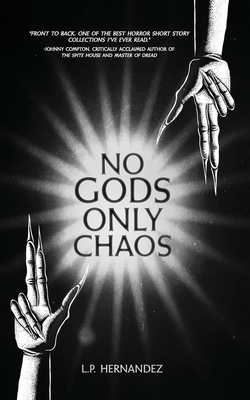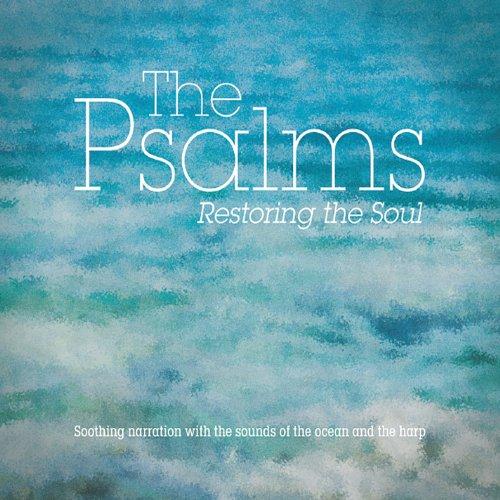
description
9WE DO NOT MOVE UNLESS WE ARE BOTHERED: the most brilliant discovery of human nature, every single human motion relates to a bothersome. We remain immobile if nothing bothered us. Imagine sitting on the sofa in your living room, completely comfortable and nothing at all to bother you. You are not hungry, thirsty, or tired. You are not cold, hot or sick. You are not expecting company. You don't miss any friends or family members. The telephone doesn't ring. You are not worried about bills coming due or your job or business. You do not have to take a shower or use the restroom. You don't have to do laundry or any other chores. You are not bored or sleepy. You are not curious about anything, and absolutely no factor of any kind makes you uncomfortable, worried, excited or upset. You are simply and continuously calm and comfortable sitting on that sofa. Do you make any movement? WHAT HAPPENS IN OUR MINDS WHEN WE INITIATE MOTIONS? We perform motions based on the potential outcomes of our joy and suffering. There is constant evaluation of joy and suffering in our brains and we perform motions where there is more enjoyment(want) or less suffering(fear). In the other words, the outcomes of our wants and fears determine our motions. WHAT WOULD BE THE FIRST MOTION OF OUR BODIES IF NOTHING BOTHERED US? Our actions are depending on our balance. We perform motions only when we lose our balance and we remain immobile while we are in balance; that's how our system works. When you see a beggar, you lose your balance(comfort) and you give him a dollar to regain your balance. Someone gives you a flower you say thank you to regain your balance. How would be your feeling if you don't say thank you when someone give you a flower? obviously you feel uncomfortable and imbalanced. PROBLEMS CREATE IMBALANCE AND WANT IN US. WE MAKE MOTIONS TO REGAIN OUR BALANCE. THERE IS SUFFERING AND JOY ASSOCIATED IN EACH MOTION AND THAT'S HOW LIFE BEGINS AND CONTINUES... Further experiment proves; Actions and reactions are chemical, not psychological. Feelings are certain chemical process in the brain and there is nothing beyond our bodies such as emotions. Depression, anxiety, mania-and other so-called mental disorders-are the result of chemical imbalance, so what does that say about human nature? Behaviology, a revolutionary new branch of science analyzing human behavior, concluding that the potential outcome of our desire(want) and suffering (fear) determines our motions. Rafii lays out seven facts about human motions: 1) We always want to be comfortable (balanced). 2) We move only when we lose our balance. 3) Loss of balance always creates want in us. 4) Every motion is associated with suffering and joy. 5) More suffering leads to more joy. 6) The outcome of want and fear determines motion. 7) Personality, physicality, and mental and environmental conditions determine desires and fears, and we move based on the sum of the outcomes of those desires and fears. Assuming these seven facts, the conclusions are simple: We do not perform motions based on the freedom of choice, the outcomes of our wants and fears determines our motions.
member goods
No member items were found under this heading.
Return Policy
All sales are final
Shipping
No special shipping considerations available.
Shipping fees determined at checkout.







